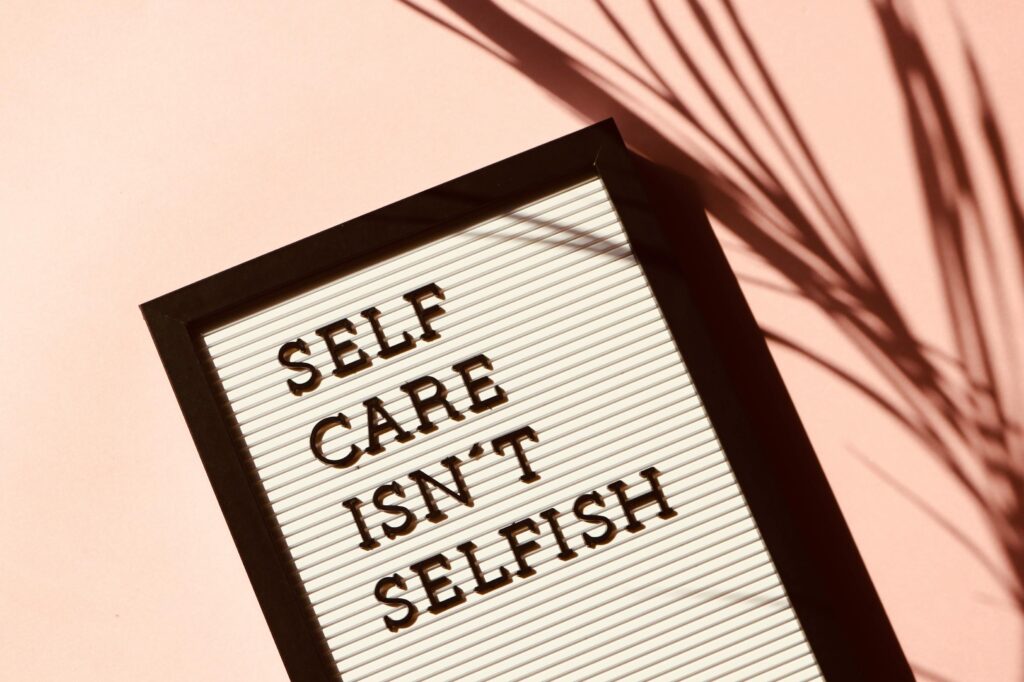
The intricate relationship between mental and physical health is often underestimated. The mind and body are deeply interconnected, and the state of one can profoundly affect the other. Mental health issues, such as stress, anxiety, and depression, can manifest physically, while physical health problems can exacerbate mental health challenges. Understanding and nurturing this connection is essential for overall well-being.
How Mental Health Affects the Body
1. Stress and Its Physical Effects
Chronic stress triggers the release of hormones like cortisol and adrenaline, preparing the body for “fight or flight.” While this response is beneficial in short bursts, prolonged stress can lead to physical health issues, including high blood pressure, heart disease, and digestive problems.
Stress can also weaken the immune system, making the body more susceptible to illnesses. Additionally, stress often causes physical symptoms like headaches, muscle tension, and fatigue.
2. Anxiety and Its Impact on Physical Health
Anxiety disorders can cause a range of physical symptoms, including rapid heart rate, shallow breathing, and digestive issues. Over time, untreated anxiety can increase the risk of cardiovascular problems and chronic pain.
3. Depression and Physical Health
Depression doesn’t just affect mood; it can lead to physical symptoms like fatigue, chronic pain, and changes in appetite or sleep patterns. It is also linked to an increased risk of chronic diseases, such as diabetes and heart disease.
4. Psychosomatic Symptoms
The mind-body connection is evident in psychosomatic symptoms—physical symptoms that arise from mental health issues. For example, individuals under emotional distress may experience stomachaches, back pain, or migraines without any underlying physical condition.
How Physical Health Affects the Mind
1. Chronic Illness and Mental Health
Living with a chronic illness, such as diabetes or arthritis, can take a toll on mental health. The constant management of symptoms, medications, and lifestyle adjustments often leads to feelings of frustration, anxiety, and depression.
2. Lack of Physical Activity and Its Impact on Mood
A sedentary lifestyle is not only detrimental to physical health but also to mental well-being. Regular exercise releases endorphins, which act as natural mood lifters. Without physical activity, individuals may experience increased stress and reduced mental clarity.
3. Nutrition and Mental Health
Poor nutrition can affect brain function and mood. Diets high in processed foods and sugar are linked to increased risk of depression and anxiety, while nutrient-rich diets support brain health and emotional stability.
Strengthening the Mind-Body Connection
1. Practice Stress Management
Techniques like meditation, deep breathing, and yoga can help calm the mind and reduce the physical impact of stress. Regularly practicing these methods improves mental clarity and physical relaxation.
2. Stay Physically Active
Engaging in regular exercise not only keeps your body healthy but also improves mental health. Activities like walking, cycling, or dancing can reduce anxiety, improve mood, and boost overall energy levels.
3. Prioritize Sleep
Sleep is crucial for both mental and physical health. Poor sleep can lead to increased stress, irritability, and difficulty concentrating, as well as physical problems like weakened immunity. Aim for 7-9 hours of quality sleep each night.
4. Eat a Balanced Diet
A diet rich in fruits, vegetables, lean proteins, and healthy fats provides the nutrients your brain and body need to function optimally. Include foods high in omega-3 fatty acids, like salmon and walnuts, which support brain health.
5. Seek Professional Help
If mental health struggles are impacting your physical well-being—or vice versa—don’t hesitate to seek help from professionals. Therapists, counselors, and doctors can provide guidance and treatment to address the root causes.
The Positive Feedback Loop
Improving mental health can lead to better physical health, and vice versa. For example, managing anxiety through mindfulness can reduce physical symptoms like tension and fatigue. Similarly, regular exercise not only strengthens the body but also alleviates depression and boosts self-esteem.
The mind-body connection highlights the importance of treating mental and physical health as interconnected aspects of overall well-being. By nurturing both, you can achieve a balanced, healthier life. Pay attention to how your thoughts and emotions affect your body, and take proactive steps to support your mental and physical health. A harmonious mind and body are key to living a fulfilling and vibrant life.




